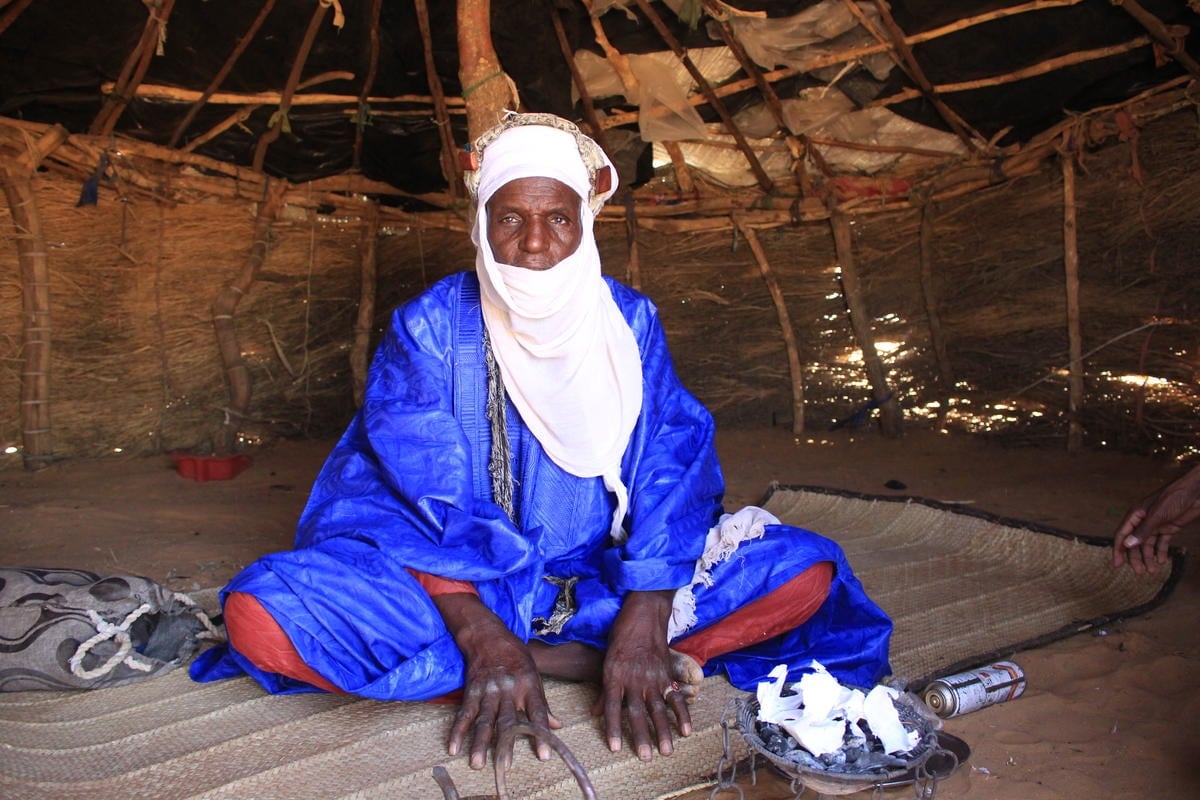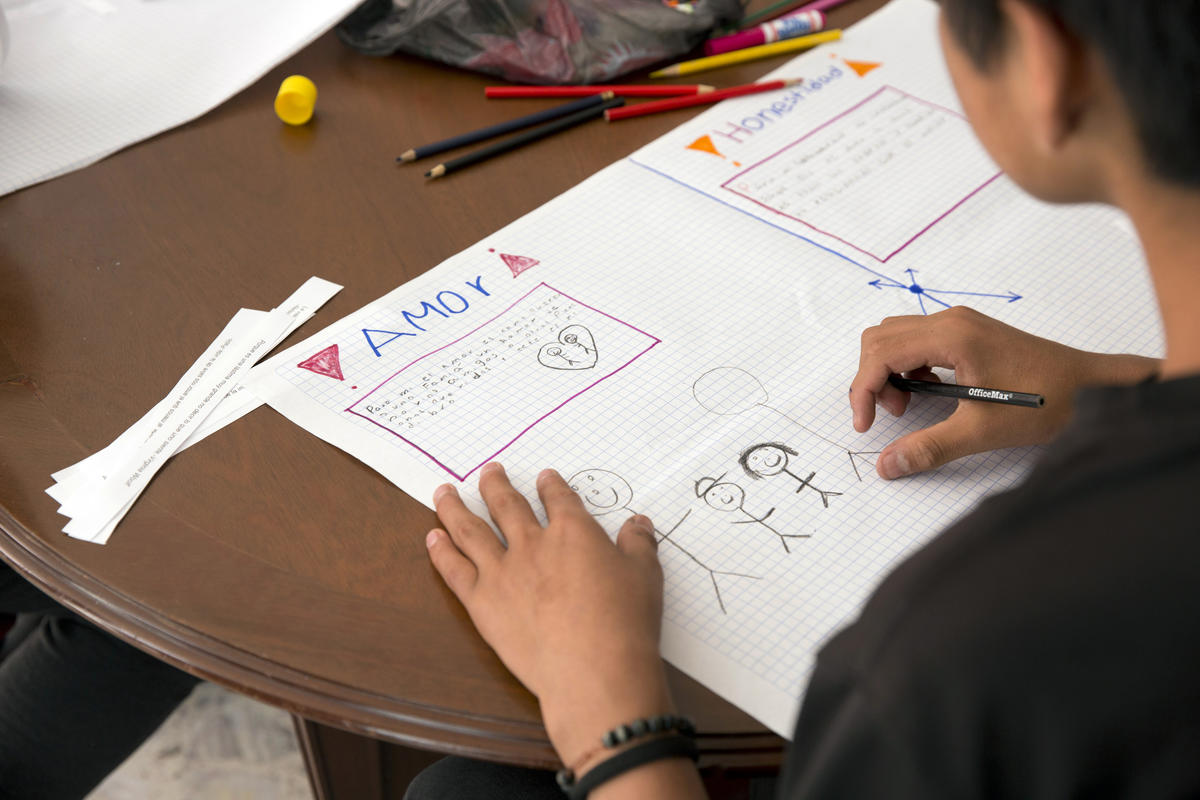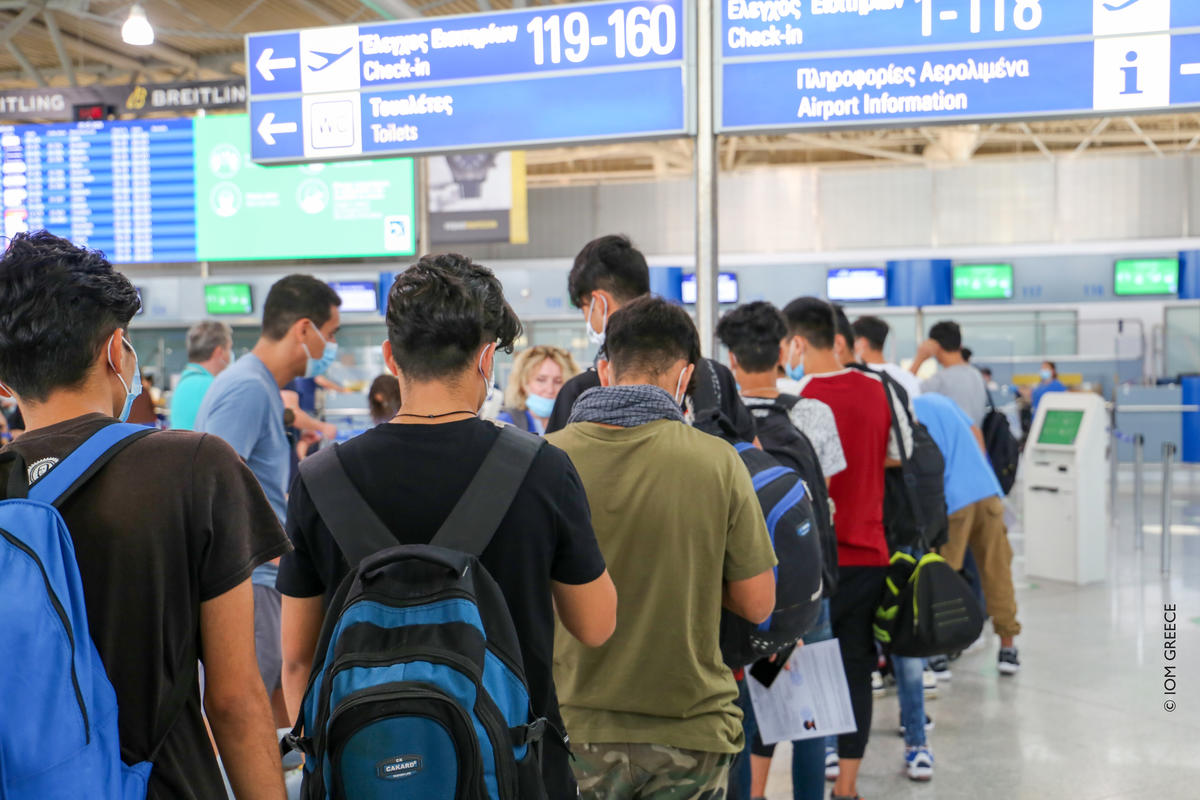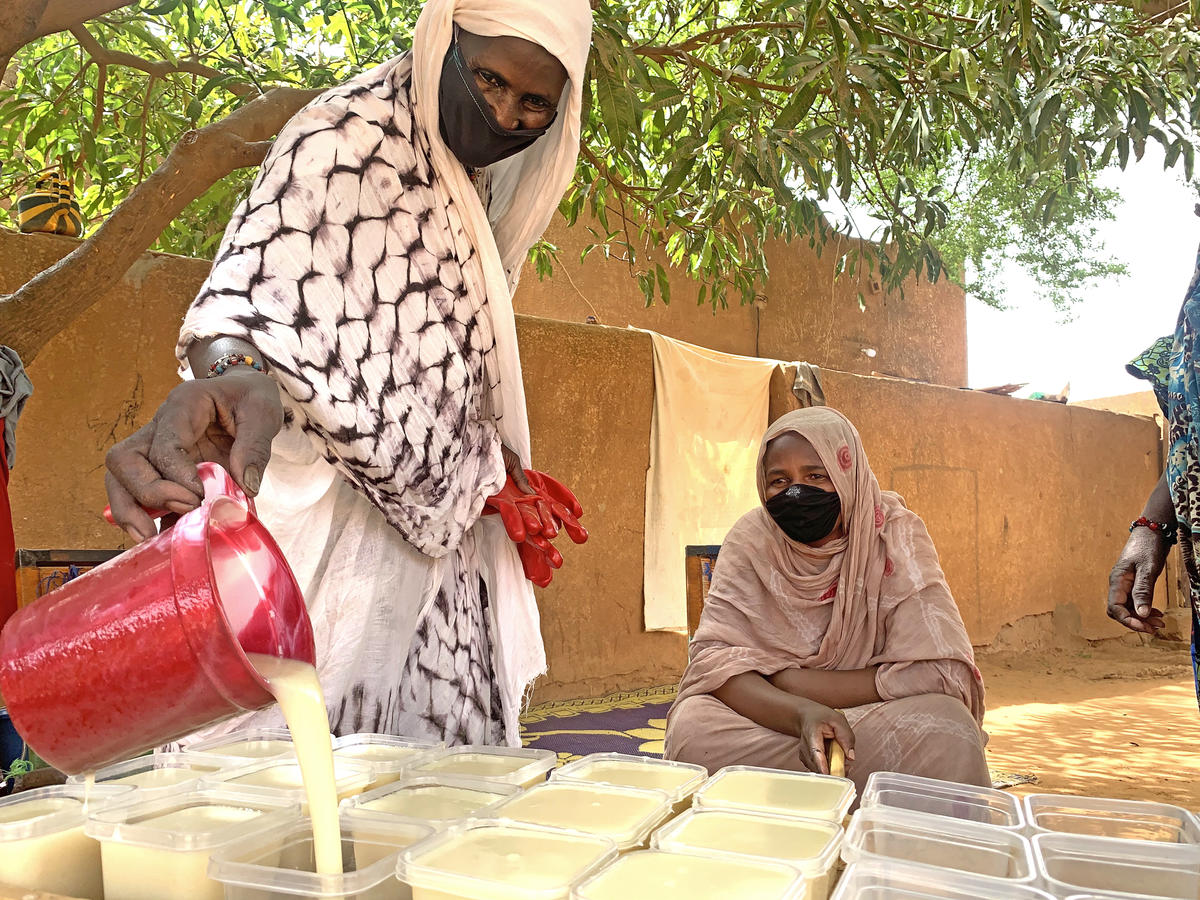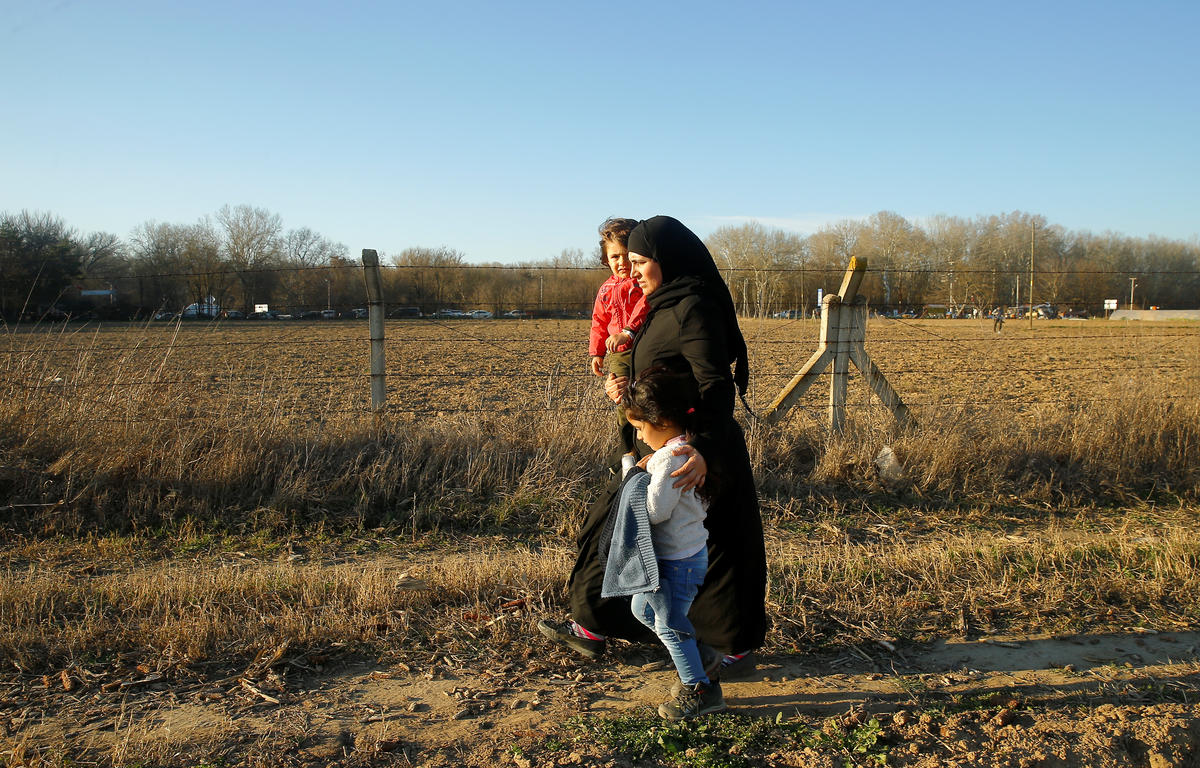Gulf of Aden: The deadly drama continues
Gulf of Aden: The deadly drama continues
The deadly drama involving smuggling boats in the Gulf of Aden is continuing, with at least 89 confirmed deaths and 154 missing and presumed dead so far this month. At the same time, UNHCR is strengthening its operations to deal with this ongoing crisis.
Between 1-26 September, a total of 50 smuggling boats - nearly two a day - arrived on the Yemen shores from Somalia carrying 4,741 people - mostly Somalis and Ethiopians. That's an increase of 70 percent over last year, when 30 boats arrived with 2,961 people during the whole of September 2006.
The last five boats arrived on Wednesday (26 Sept.), carrying 600 Somalis and Ethiopians. One person was confirmed dead, while 22 remain missing and are presumed dead. Four Ethiopians died in the hold of one of the boats due to asphyxiation, while 18 people were thrown overboard while still at sea, passengers said. Survivors told us that they had been violently treated by the smugglers, who beat them with iron bars, belts and plastic tubes and stabbed them with daggers. Two boats arrived on Sunday (23 Sept.) carrying 98 Somalis and 135 Ethiopians. Two Somalis died during the voyage in the hold of one of the boats as a result of asphyxiation. Two drowned while trying to reach shore from deep water.
Several new arrivals reported that Yemeni armed forces at Al Neshima had opened fire when they spotted the boats. They said a 70-year-old Somali male was killed when shot in the heart. He was buried by the military. The new arrivals also reported that the smugglers did fire back, although they had machine guns.
The Yemeni coastal forces reportedly separated the Somalis from the Ethiopians and searched all their belongings before UNHCR and partner teams arrived. All Ethiopians were kept by the military and handed over to the immigration authorities before being sent on to the immigration and naturalization authorities in Sana'a.
UNHCR in Yemen is discussing the shooting incidents with Yemeni authorities, who have expressed their concern that some smugglers arrive with weapons and drugs. UNHCR has highlighted its concern for the safety of innocent civilians on the boats. Later this month, UNHCR will provide training to Yemeni coast guards and immigration officials on refugee law, humanitarian law and rescue at sea. We have also asked for access to the detained Ethiopians, several of whom have expressed their wish to apply for asylum.
As the situation is deteriorating, UNHCR is planning to set up a second reception and registration centre in Ahwar along the Yemeni coast. It would also include a health centre run by Medecins sans Frontiers (MSF). We are also looking to expand monitoring presence along the coast, with more staff and vehicles from UNHCR and its partners. This would speed up the reception, immediate support and transfer of new arrivals to the registration centres. MSF has also set up three out of four planned health posts along the coast. UNHCR also intends to have two registration centres in Sana'a and Aden. We currently have 61 staff in Yemen and are planning to bring in additional reinforcements in the months to come.
So far this year, 13,897 people have arrived in Yemen after making the perilous voyage across the gulf, while at least 356 have died and 272 remain missing and are presumed dead.


